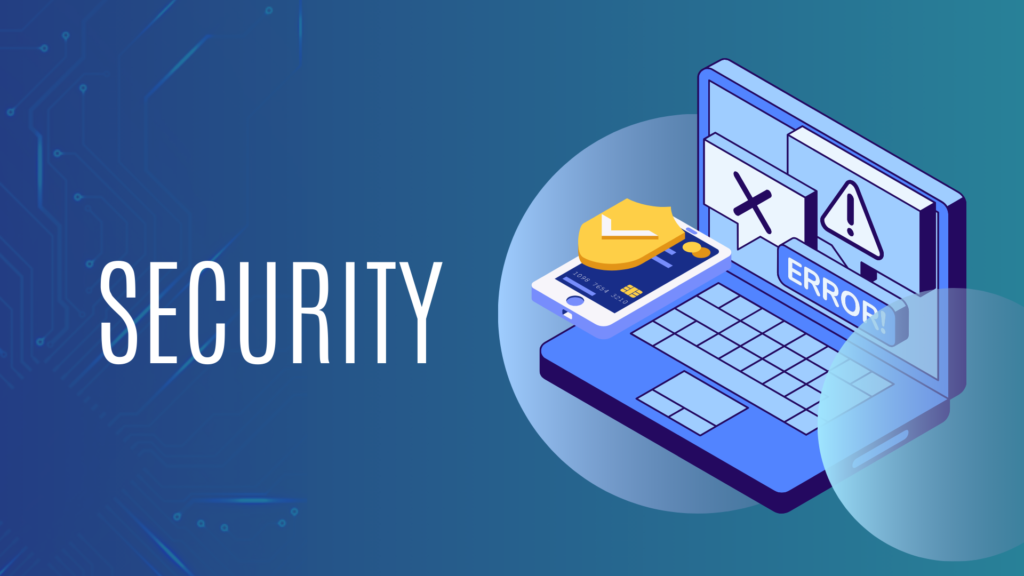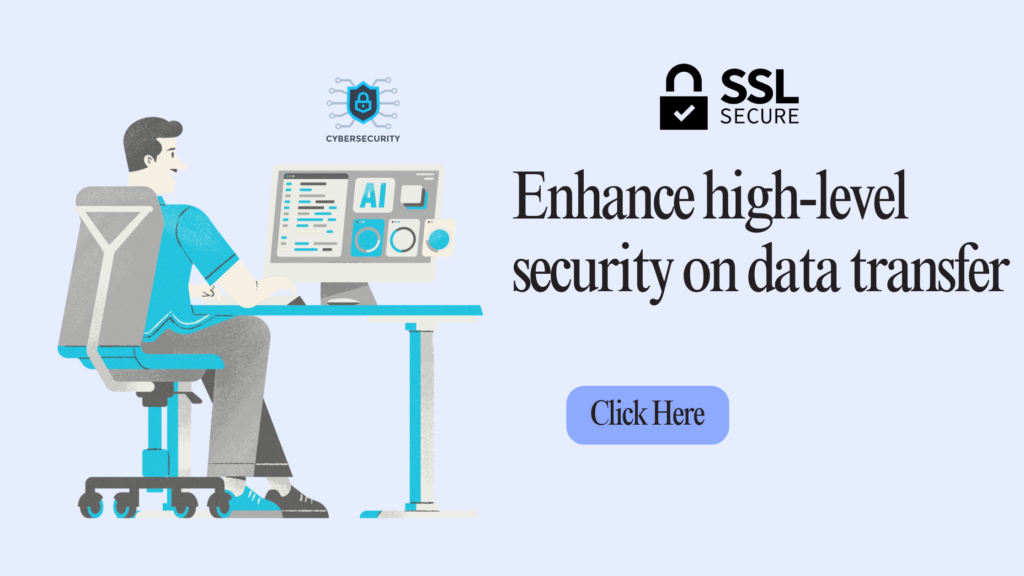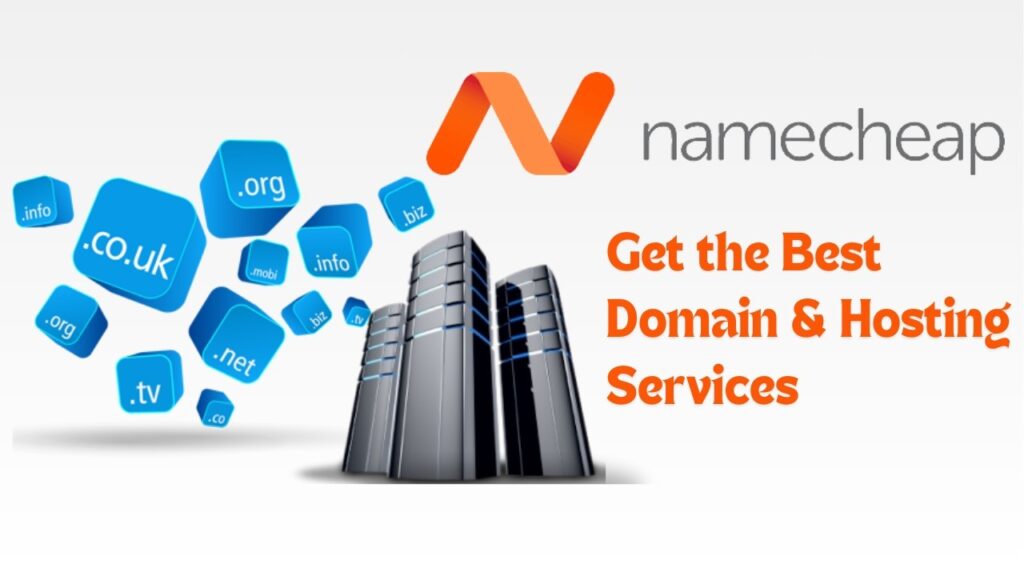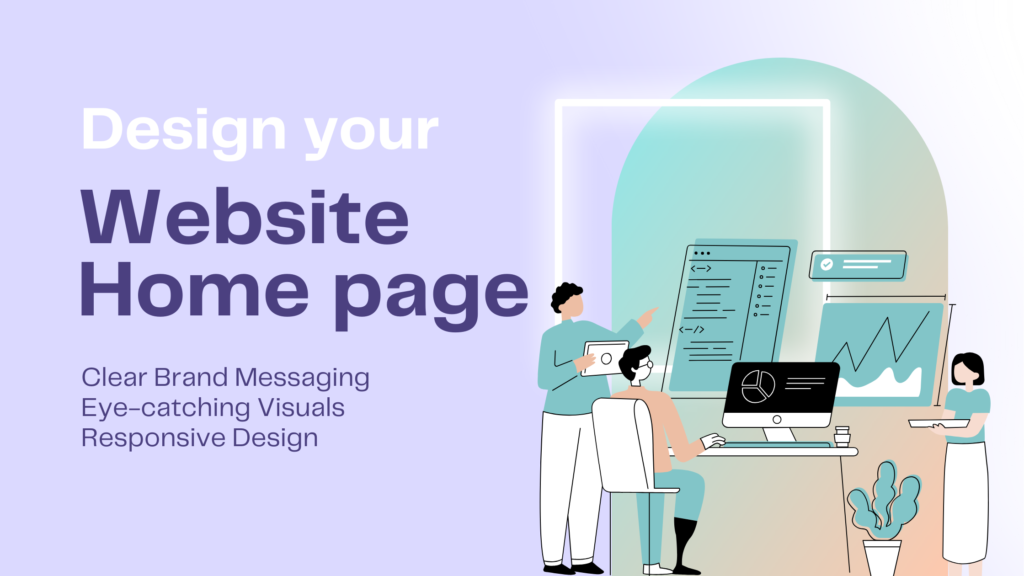
Website security is a very important part of internet use and it is important that people grasp how to be safe when using the internet.
In the ever-changing world of the internet, protection of a website is among the most important aspects. Internet is not just a place to build and grow relation but it is also a place where cyber threats can be developed. In this guide, you will learn different measures that you can take in order to enhance your site’s security against various threats.
Assessing Vulnerabilities
However, before going straight to the security measures, one should define the risks. Perform a detailed security analysis in order to realize what exact risks your website has.
Selecting the Right Hosting Provider for Your Site
Thus, a proper choice of the hosting provider is the basic step to creating a secure website. Choosing a server that provides the features like secure servers and support for encryption protocol as well as monitoring its security regularly should inform your decision.
Implementing HTTPS
Enhance high-level security on data transfer by buying and implementing an SSL certificate for HTTPS. Not only it helps secure the user’s data, but it also makes a positive impact on the website ranking on search engines.
Regular Software Updates
Make sure that your CONNTENT MANAGENT SYSTEM (CMS), plugins and themes you use are updated. Updates are released, which fix the gaps to minimize a chance of exploitation by criminals. The availability of a mobile version is also recommended to be complemented with automatic updates for your convenience.
Strong Password Policies
First of them all, password management is possibly one of the most basic yet very effective security measures. To reinforce password protection, make it a habit to create complicated passwords and introduce the two-factor authentication process in particular.
Firewalls and Security Plugins
To enhance the security several layers, use firewalls and security plugins. These are helpful in tracking down the traffic to your site and also helping to filter out the traffic which may contain threats that are dangerous to your site.
Backing Up Your Website
Ensure that you backup your website on a regular basis as you propagate in order to avoid losing information in case of an attack. Select a good backup and create an automatic backup to avoid manual intervention in the whole system.
Monitoring User Access
Application of restricted user accesses as well as concealed log-ins can help prevent people with malicious intent from gaining access. The following measures decrease the chances of a successful breach hence achieving the objective of adopting measures that reduce incidents of hacker attacks.
Educating Website Users
To educate its users with security tips regarding the website they are using. Explain to them the do’s and don’ts on browsing when online and how they can report any any suspicious activities.
Conducting Regular Security Audits
Security assessment is therefore important to be conducted on a relative basis as a continuous process of refinement. It is important to target the problems that could be potentially hazardous to an organization in order to prevent them before they occur.
Securing E-commerce Websites
What is more, those to have an e-commerce website require more security features. Adhere to the established payment card industry rules and place secure transactions into operation.

Data Encryption
Secure your data through encipherment to prevent unwanted people from accessing them. Use encryption with respect to both transfer of data and storage or data.
Maintaining ones website as secure is a lifelong responsibility that one has to embrace with every data on the website and its users. In this way, you also eliminate the threat of becoming an easy target of cyber criminals, should you implement the mentioned preventive mechanisms.
FAQs
1. How frequently must a website owner update the site’s software to provide the best security?
• The updates are important to be frequent. Try to have a frequency of once a month or more frequent for important security patch updates .
2. Should I have a dedicated server for even higher security of the site?
• Nevertheless, it must be noted that a good shared hosting service provider also provides security, and that security can be enhanced through settings.
3. HTTPS is integral part of website due to several reasons:
• HTTPS encrypts data transfer hence makes it difficult for anyone to intercept important information making it helpful in improving search engine results.
4. Could security plugins stand for the sole shield of your website against all the threats?
• Security plugins are, however, important, but the security of the website should be tackled in a number of factors including, assessments, and training.
5. What should I do if I have secured my site but it gets hacked anyway?
• This is one of the most important strategies that people with asthma should adhere to, especially if they find themselves in an environment that brings an asthma trigger. Contact your internal IT team and follow some standards of security as: the first thing you should to do is to disconnect the affected computer from the network.


